||| FROM DELAWARE ONLINE |||
One Lewes (Delaware) couple said they’ve lived in the quaint, historic beach town for more than three decades, but it wasn’t until more recently that they started to see their neighborhood change.
As more of the homeowners on their street began to offer short-term rentals through sites like Airbnb and Vrbo, they noticed that their quiet community would drastically switch from a near “ghost town” to “busy beach town” within the turn of a weekend.
Knowing that Lewes typically has more year-round residents than many of its neighboring resort towns, another resident who commented at a city meeting last year said he worried that the sense of community in Lewes would start to break down if short-term rentals soon dominated.
These residents all had concerns about how these rentals would affect their quality of life – from pressures on parking to issues with trash or noise – if the city of Lewes did not specifically regulate short-term rentals. And they weren’t alone.
For at least the past year, the Lewes City Council, the city manager and a designated short-term rental committee have been discussing how to manage these rentals and ensure they do not add costs to the city, especially for trash and recycling collection, beach maintenance or the Police Department.
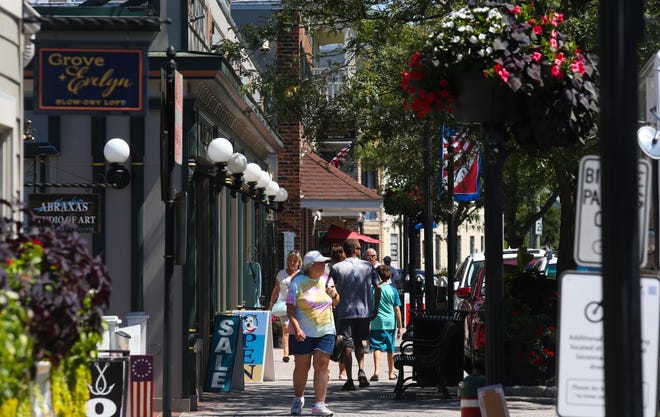
“We welcome visitors. It’s not intended to say that we don’t welcome visitors,” said City Manager Ann Marie Townshend, who presented at a meeting last September when the short-term rental discussion began.
“It’s just that there are costs to the community, both out-of-pocket costs and quality-of-life things, that we need to look at how we can manage so that we protect the quality of life and also protect the tax dollar,” she said at that earlier meeting.
Now, the city is ready to consider a new ordinance. On Monday, the Lewes City Council set a public hearing for Oct. 3 to discuss the new ordinance that distinguishes short-term and long-term rentals and establishes certain rules for each.
Here are five things to know about this new ordinance.
How does Lewes define a short-term rental?
If someone rents their home or part of their home for 30 consecutive days or fewer, then the residence is considered a short-term rental under the amended code.
A home that someone rents for more than 30 consecutive days – and isn’t regulated as a hotel, motel or other facility already identified elsewhere in city code – would then be considered a long-term rental.
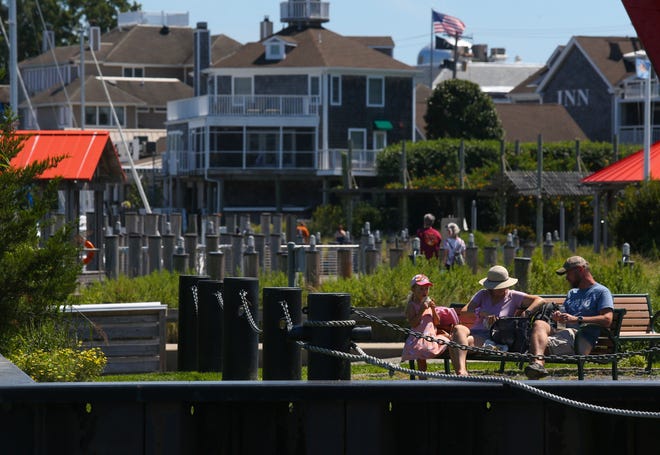
Under the proposed fee schedule, short-term and long-term rentals would pay the same $200 annual fee for rental licenses.
Both types of rentals would also face the same fines for violating the requirements of their license: a written warning on the first violation, $250 in fines on the second violation, and $500 in fines and revocation of their license on the third violation.

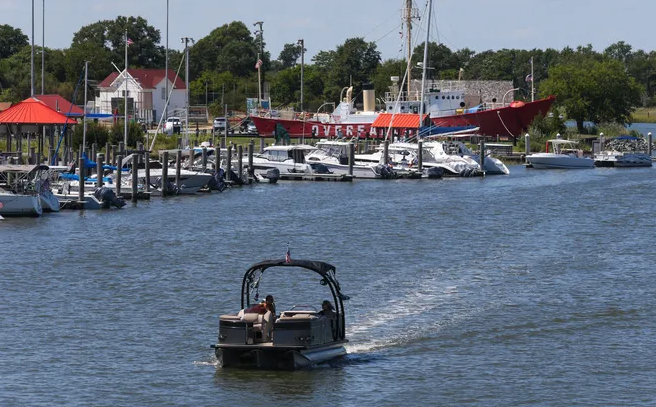



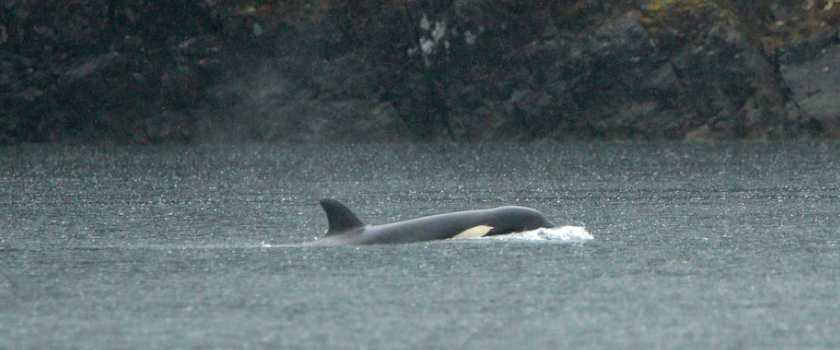


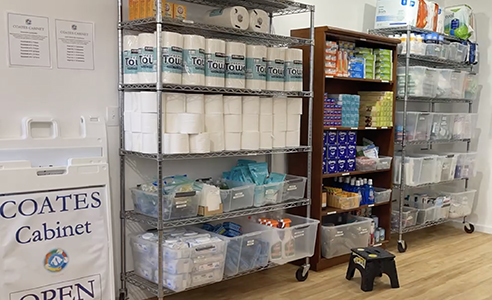
Like Orcas, Delaware beach communities face problems of affordable housing and the tension of too many tourists for the comfort of year-round residents while those same communities rely heavily on tourism for revenue. No easy answers ever seem to exist. Another article from the News Journal recently addressed how 6 businesses in the beach area are providing housing for workers by building/buying housing to keep it all affordable (and not a bad investment for them either…) https://www.delawareonline.com/story/news/local/2022/08/25/delaware-beaches-lack-workforce-housing-employers-invest-la-vida-hospitality/65400296007/